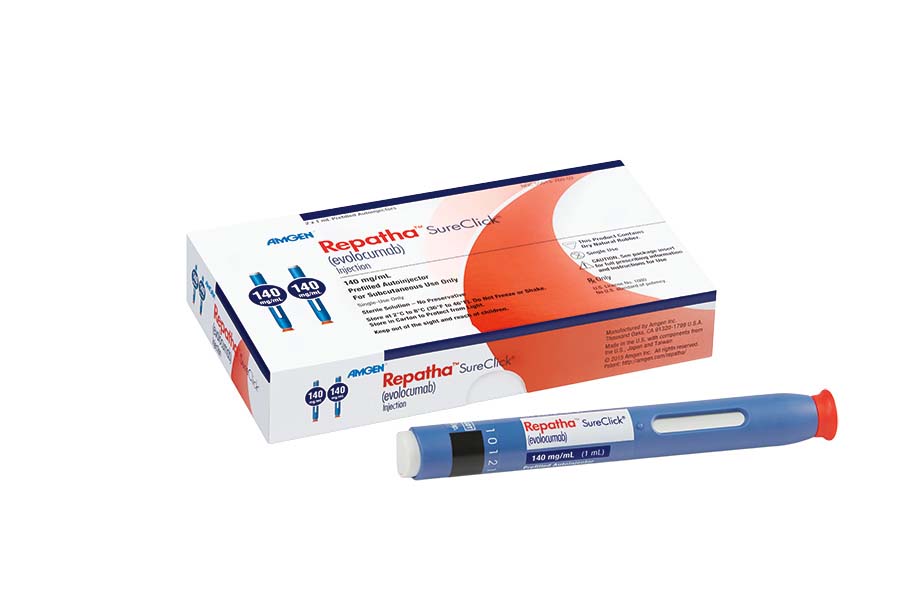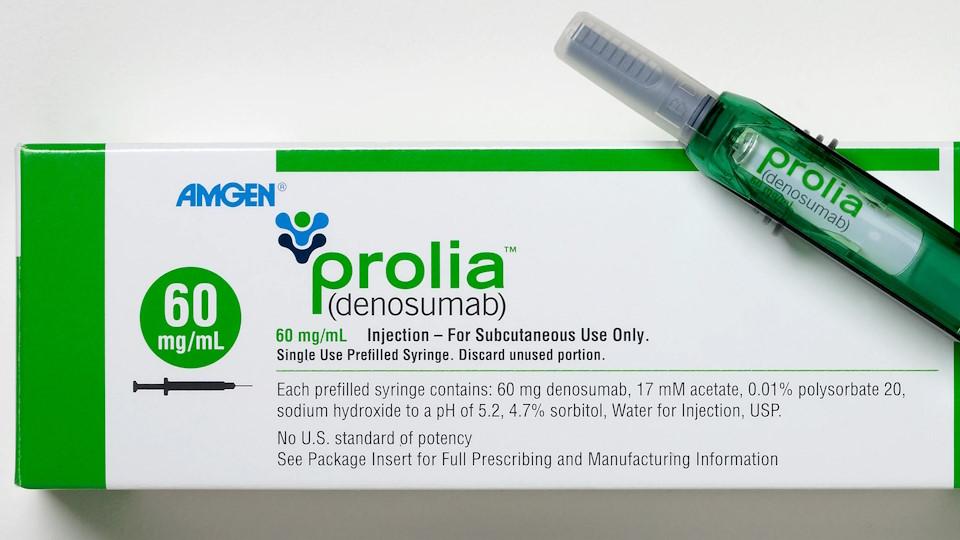Amgen pulls higher-priced Repatha to try to lift sales

More than four years after Amgen’s cholesterol-lowering antibody Repatha was approved in the US, the company still can’t generate much sales momentum behind the product.
Its latest gambit is to make the PCSK9 inhibitor available only at its lower list price option, setting the universal list price of the drug in the US at $5,850, a 60% reduction from the $14,000 top price that has been in place since launch.
The lower-priced version of Repatha was introduced a year ago in answer to market research suggesting that three-quarters of Medicare patients prescribed a PCSK9 inhibitor never actually fill in their prescriptions, mainly due to high out-of-pocket costs.
The high- and low-price versions of the drug are identical, and the differential is a result of the peculiarities in the US medicines pricing framework.
Maintaining the full-price version allowed Amgen to offer big rebates to pharmacy benefit managers (PBMs) and health insurers who include Repatha on their formularies, but the high list price inflated co-payment costs to patients.
Now, Amgen is hoping that reducing the co-pay will lead to an acceleration in Repatha take-up, saying it will “continue to offer all PBMs and health plans equivalent to or with better net pricing on the lower list price option of Repatha.”
“Almost half of all Medicare patients who are prescribed Repatha will have an affordable co-pay of less than $50 in 2020, but that means that the other half will still face affordability challenges that need to be addressed,” said Murdo Gordon, head of global commercial operations at the big biotech.
“We are discontinuing the original list price option so that payers and Medicare Part D health plans have clarity and can do their part,” he added.
Amgen says it will now phase out supply of the original list price national drug codes (NDCs) through the remainder of 2019, and arrange the return of any remaining inventory of discontinued NDCs in 2020.
Sales of Repatha grew slowly since launch to reach around $150m in the second quarter of 2018, but have stayed pretty much static at that level since, with rising demand counterbalanced by price reductions.
Amgen’s hope is that it can tip the scale so that demand starts to rise more quickly, and the company can start to revitalise sales growth.
At launch, Repatha was billed as a potential blockbuster, but insurers’ resistance to paying for the drug and a rival PCSK9 inhibitor from Sanofi/Regeneron – Praluent (alirocumab) – has meant they have struggled to make headway in the market.
Both are used in patients who are unable to control low-density lipoprotein (LDL) cholesterol levels using cheap, generic statin drugs alone.
New cardiovascular outcomes data has helped the two drugs build a case for broader use, but they are also facing a challenge from a new therapy – The Medicine Company’s inclisiran – which offers less frequent, twice-yearly dosing
Inclisiran is due to be filed for approval in the US before the end of the year, with a European filing to follow in early 2020, and analysts have suggested it may be launched at a discount to the PCSK9 inhibitors if approved.













